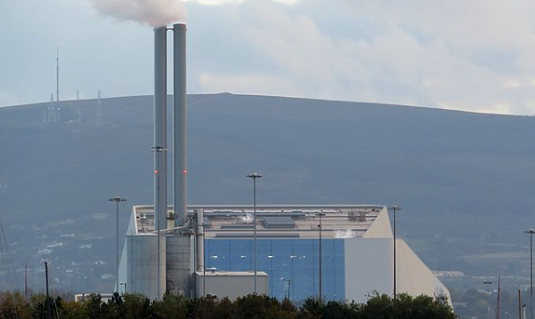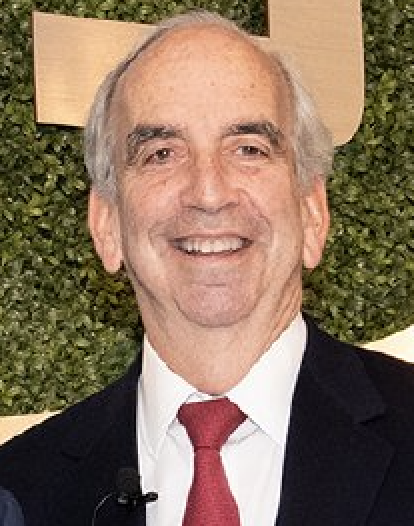Latin America Advisor
Energy Advisor
A Publication of The Dialogue
Is Waste-to-Energy a Good Option for Latin America?
 There is a strong framework in Europe for waste-to-gas efforts, while there is virtually no backing for Brazilian biogas efforts, Pavel Molchanov writes below. A waste-to-gas plant in Dublin is pictured above. // File Photo: O’Dea via Creative Commons.
There is a strong framework in Europe for waste-to-gas efforts, while there is virtually no backing for Brazilian biogas efforts, Pavel Molchanov writes below. A waste-to-gas plant in Dublin is pictured above. // File Photo: O’Dea via Creative Commons.
Paraná state in Brazil last year opened its first waste-to-energy facility, which will use a process called “biodigestion” to turn organic waste such as food scraps and sewage into fuel. The facility will take in 1,000 cubic meters of sewage and 300 tons of organic waste each day, and will generate 2.8 megawatts of electricity daily—enough to supply electricity to 2,000 households, according to reports. Does waste-to-energy technology have a positive outlook in Latin America and the Caribbean? How should legal and regulatory frameworks change in order to make waste-to-energy a more scalable and widespread renewable resource? What obstacles have faced investors who have tried to bring waste-to-energy technology and practices to the region?
-
Pavel Molchanov, senior vice president and equity research analyst at Raymond James & Associates: “Brazil is well-known as a world leader in producing ethanol and generating electric power from sugar cane. However, Brazil is a brand-new market when it comes to biogas. Biogas is derived from anaerobic digestion of municipal solid waste. Once the biogas is collected, it can be used just like conventional (fossil fuel) natural gas: for heating, electric generation or as a transportation fuel. The concept is appealing, and the technology is widely accessible, but the economics tend to be expensive, especially in markets such as Brazil that have traditionally low natural gas prices. In other words, biogas has a higher cost structure than conventional gas. To address this economic hurdle, it is important…”
Read More
Top News
Canadian Solar Selling Stake in Brazilian Plants

Billions More Barrels of Oil in Guyana: Hess CEO
Complete editions of the Energy Advisor are delivered weekly to members of the Dialogue's Corporate Program and other subscribers. Sign up below for a free complimentary preview subscription.
About the Energy Advisor
A sister publication of the Inter-American Dialogue’s daily Latin America Advisor, the weekly Energy Advisor captures fresh analysis from business leaders and government officials on the most important developments in oil and gas, biofuels, the power sector, renewables, new technologies, and the policy debates shaping the future of energy in the Western Hemisphere and beyond. To subscribe or for more information, contact Erik Brand, publisher of the Advisor, at ebrand@thedialogue.org.
Subscribers See all














Staff
Erik Brand
Publisher
P. 202.463.2932
E. ebrand@thedialogue.org
Gene Kuleta
Editor
P. 202.463.2920
E. gkuleta@thedialogue.org
Leticia Chacón
Reporter
E. lchacon@thedialogue.org





















